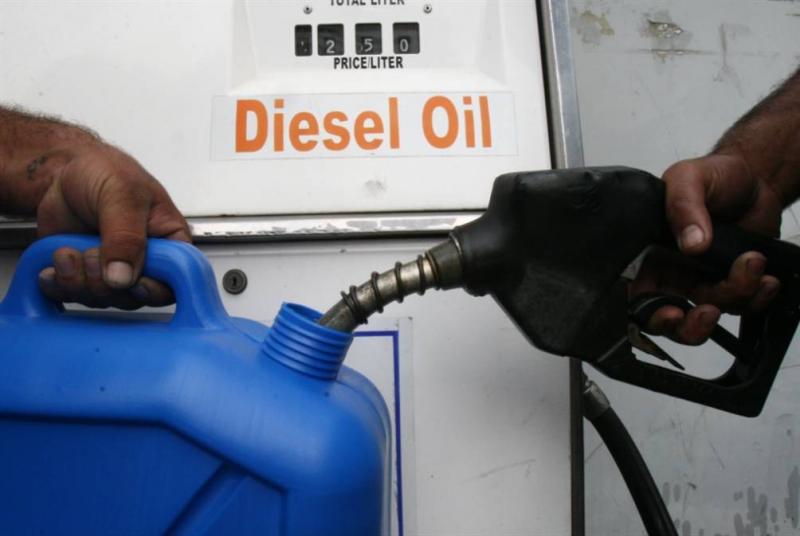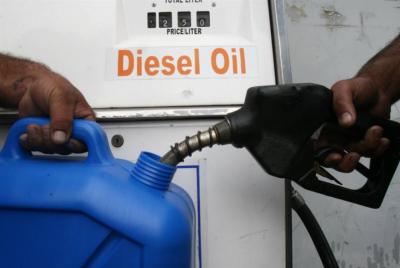Lebanon shares with European countries a decline in fuel supplies due to the repercussions of the war in Ukraine and its impact on maritime transport and land gas supplies to Europe. However, it is unique in its poor management of the reality of declining supplies, especially as this situation coincides with the continued deterioration of economic and social conditions. As fuel supplies decrease, the level of caution increases. In Lebanon, this caution transforms into anxiety over a crisis that may worsen in winter, not only regarding the inability to secure diesel for electricity generators but also for heating.
**Distribution Rationing**
The suffering of Lebanese people with the fuel sector, whether in gasoline or diesel, recurs periodically. At times, the gasoline supply diminishes, causing gas stations to close and cars to pile up in front of them. At other times, the market lacks diesel, leading to darkness due to the shutdown of private generators which are currently rationing electricity between 3 and 4 hours daily.
The quantities of diesel reaching the stations are insufficient. This time, the origin of the crisis is not domestic but external. According to George Brax, a member of the Gas Station Owners Syndicate, “the majority of the diesel comes to Lebanon via the Black Sea. Due to the restrictions on Russian ships and their boycott, the quantities are now going to India and China.” This equation is reflected in the meager supplies in the market and the search for what is available, even at higher prices. Nevertheless, “the issue has not turned into a true crisis, and diesel has not entered the black market yet,” as affirmed by one gas station owner, who expresses concern about the situation worsening “in light of the market’s volatility and the lack of oversight, alongside the public and exploiters’ familiarity with the black market that had been seen with gasoline previously.”
**From Electricity to Heating**
The diesel scarcity has driven the price of a canister to about $24 “if available,” according to an owner of a private generator. Due to the difficulties in securing diesel, “generator owners had to revert to rationing. The state electricity is nonexistent, and we cannot rely on it to ease the pressure on private generators.” Since generator owners are in a stronger position compared to consumers, “the rationing currently reaches about 4 hours, and it is likely to increase depending on the course of the diesel crisis.” Amid fears of increased rationing, consumers have no power or options other than to accept the reality.
Simultaneously, Brax leaves a buffer in the market for “about 15 days.” In his view, “the situation will improve as more than one ship loaded with fuel has entered Lebanon.” However, this optimism is likely to soon wane and turn into pessimism. According to Brax, “the winter will be harsh,” and the suffering will extend “until April” of next year. This is because the market will require larger quantities of diesel for heating, not just for securing electricity.
International solutions for the Ukrainian crisis are still distant. Europe is seeking ways to mitigate the impacts of the reduction in oil and gas supplies that are relied upon for heating in winter. Compounding the situation is Russia’s suspension at the end of August of gas flow in the "Nord Stream 1" pipeline extending from Russia to Germany. Germany had previously started storing gas and restarting coal-fired power plants to alleviate pressure on gas units to ensure a better response to winter.
On the other hand, if Europe is unable to lift itself from the crisis, how can Lebanon? This unanswered question amid the grim overall scenario implies that diesel has emerged as a significant player in the crisis, which may escalate soon.




